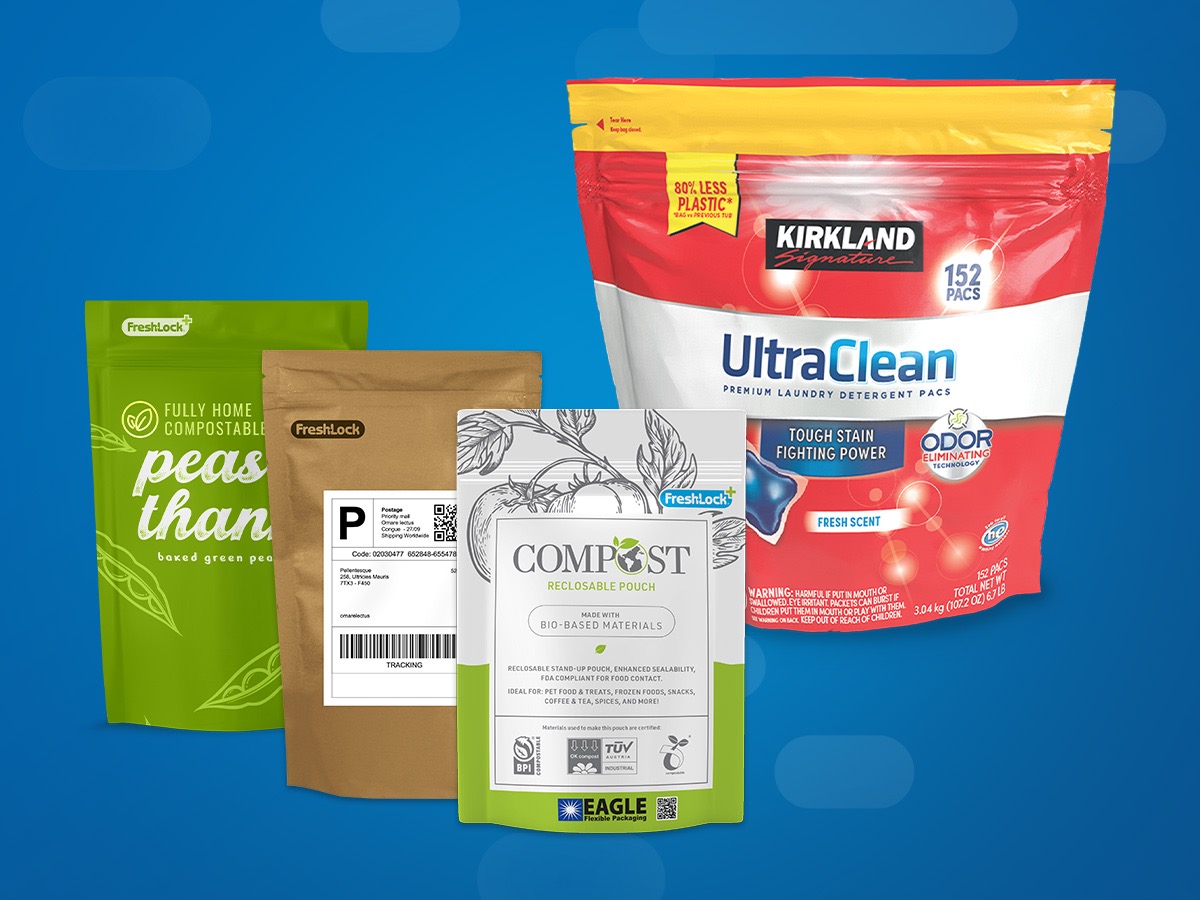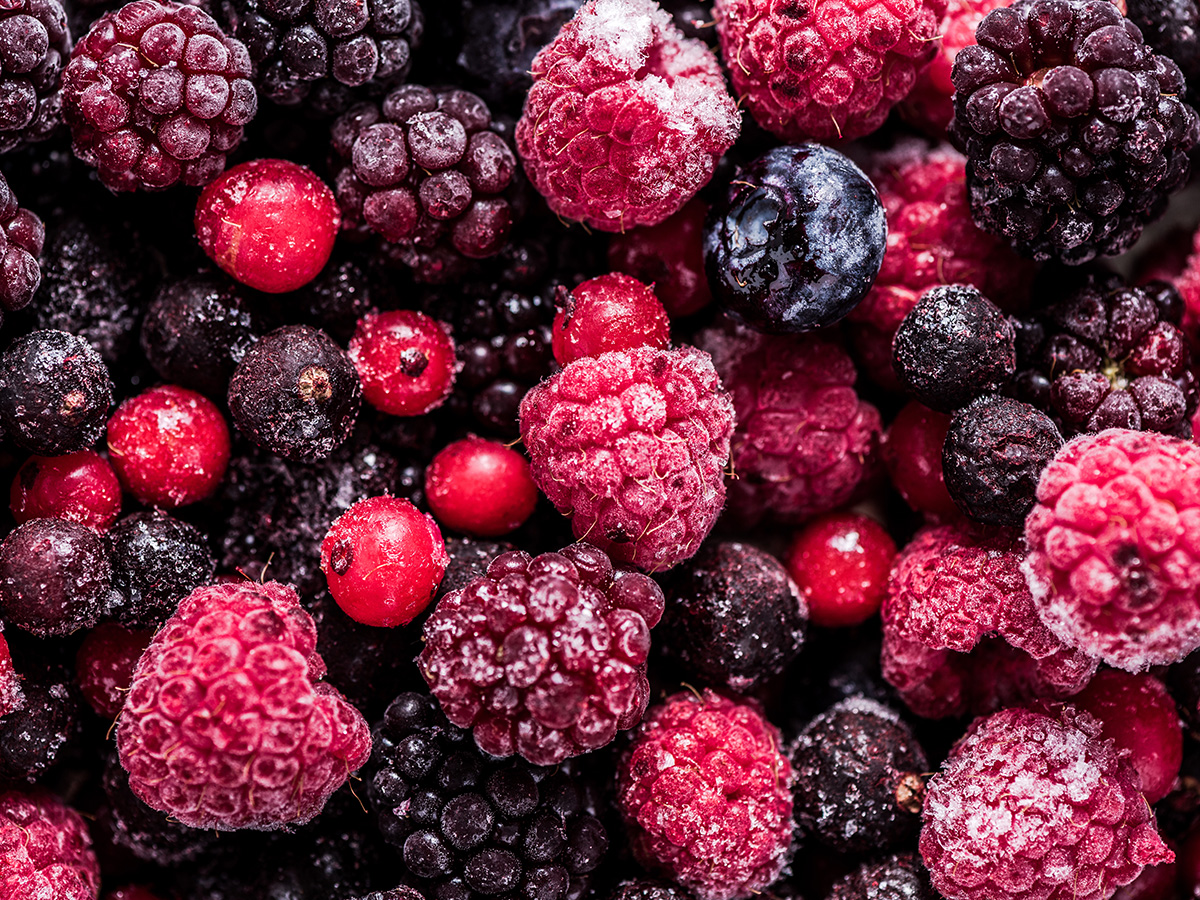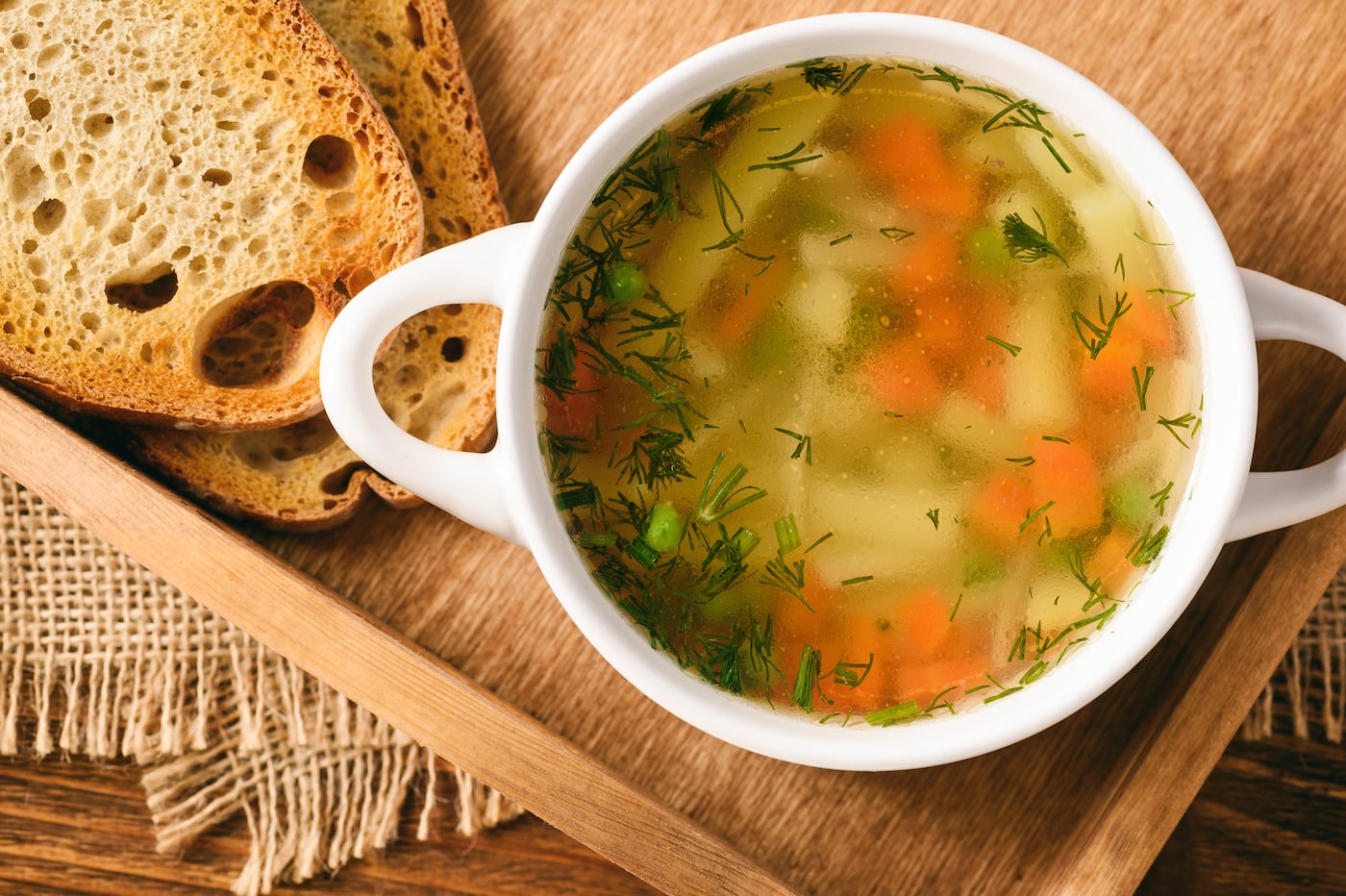
Why Makeup and Personal Care Products can be a Safety Concern
Young children want to be just like their parents. They watch every move their parents make and may often pretend to be them when they play.
That could mean playing house, dressing up in mom’s shoes, or trying on dad’s baseball cap. While these actions seem harmless, this behavior can also lead to curious toddlers getting into products that could cause them harm if ingested.
A parent or older sibling’s makeup, lotion, aftershave, or deodorant may not be among the first things that come to mind as possibly dangerous household products, but according to the Nationwide Children’s Hospital, makeup and personal care products are among the most common causes of poisonings in children younger than six years old. Even if parents don’t let their children handle makeup and personal care products, accidental exposures can make children sick and could require medical attention. If your child eats foundation, lotion, or mascara—do you know what to do?
Parents can still make fun memories with their children, but if your child is putting on lipstick or pretending to shave, it’s important to understand the risks and take the right steps to make your home a safer place.
Why Kids Eat Makeup and Personal Care Products
Parents of small children know all too well that toddlers put everything in their mouths. This is because toddlers will typically use all their senses to explore the world. That includes investigating how things taste or feel against their mouth and tongue.
Colorful items can seem fun and appetizing to little ones who don’t know any better, which is why makeup like lipstick, nail polish, and eyeshadow look like something sweet they might like to eat. Many personal care products also have scents that smell yummy to little ones because they remind them of flavors they enjoy. That includes scents like vanilla and chocolate, fruit and berries, and even pleasing floral scents.
In a little kid’s mind … if it smells good, it probably tastes good too. Fortunately, most of these things do not have an appealing flavor and children might stop eating them once they realize.
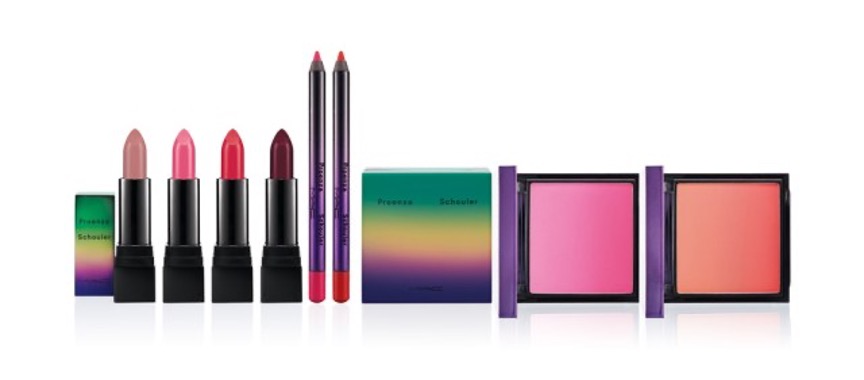
When looking closely at the packaging on a variety of personal care items and cosmetics, you’ll notice that many of these products have warnings for users to:
- Avoid contact with the eyes.
- Keep out of reach of children.
- Get medical help if swallowed.
Most cosmetics and personal care products are made for external use only, and parents should contact poison control for advice immediately (1-800-222-1222) if a child ingests something with a warning label.
If parents or caretakers find themselves in a scenario where their small child has gotten into these kinds of products, the important thing is not to panic. Most personal care and cosmetic products are classified as “minimally toxic.” This means that the product may cause irritation to the skin and eyes, and if ingested, is likely to cause an upset stomach, diarrhea, or a bout of vomiting. The symptoms all depend on how much of a product a child consumes and what ingredients are in the product.
If a child ate a small amount of minimally toxic makeup and is not showing any symptoms, the Illinois Poison Center suggests giving them a drink of water and keeping an eye on them. However, if a child is feeling sick or having symptoms that make it difficult to swallow, you should seek medical help as soon as possible.
The Food and Drug Administration (FDA) explains that certain personal care items are also considered over-the-counter drugs. That includes products like dandruff shampoo, sunscreen, acne products, fluoride-containing toothpastes, and even diaper ointments. These items are classified as both cosmetics and medications because they are meant to treat a specific health concern. You’ll know if a personal care product is also considered a drug if the label indicates it contains an “active ingredient.”
The Laws Surrounding Cosmetics Safety
While the FDA does not require specific tests to demonstrate the safety of individual products or ingredients, cosmetic firms have a legal responsibility to market safe, properly labeled products that adhere to limits on restricted ingredients and use no prohibited ingredients.
With the exception of many color additives, FDA approval is not needed before products are marketed to the public. That means a manufacturer can add nearly any ingredient it chooses, if that ingredient is considered safe for its intended use.
What Parents Can Do to Prevent Children from Eating Makeup
So, how do you prevent your kids from eating eyeliner, lotion, or deodorant? The advice for keeping young ones safe around cosmetics and personal care products is the same as it is for many other household items:
- Practice safe storage.
- Keep products in their original child-resistant packaging, if applicable.
- Talk to your children about being safe around these products.
Never leave makeup, fragrances, or other beauty products in places where young children can easily access them. That means not keeping them on the bathroom counter or on top of a bedroom dresser—store them out of reach or in a cabinet with a child-safety measure.
Child-Resistant Packaging Can Help Prevent Makeup Poisoning
The Fresh-Lock team developed child-resistant zippers and the Child-Guard® Track & Slider technology as a way to help make the home a safer place for small children. These closures are designed to be used with flexible packaging, which is becoming a popular choice for all types of products—from shampoos and conditioners to vitamins.
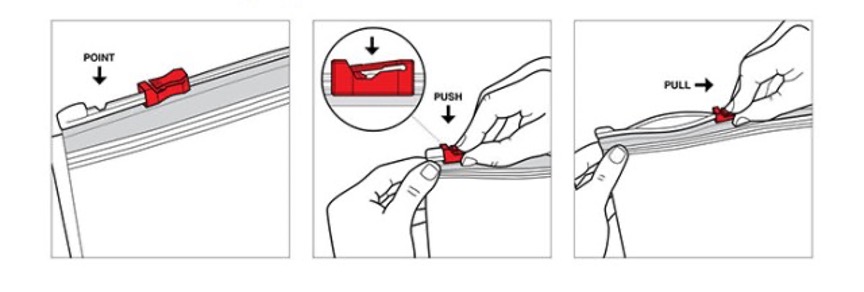
Our Child-Guard® technology helps keep products secure when the slider is properly closed, requiring additional steps in order to open the package. This gives parents the time they need to respond in potentially unsafe situations.
The Fresh-Lock team believes that innovative child-resistant packaging has the potential to protect kids and save lives. While only certain ingredients in cosmetics require child-resistant packaging, parents can do the responsible thing by looking for products with safer packaging solutions.

 Back to Blog
Back to Blog
